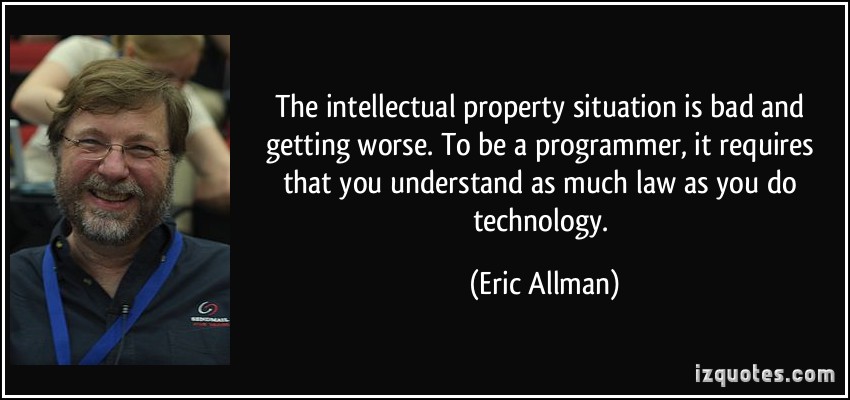Intellectual property
1. Pirated Software from Abroad
Bernie works for a large consulting company in Hong Kong. When he was on holiday
in Albay, he found an Office suite that looks identical to Microsoft Office. The package
he found costs P50.00 compared to the price tag of P30,000. Bernie knew that the
seller does not honor copyright law. Despite the documentation looking like it has been
photocopied, he decided to buy it and returned home with it.
• Do you think Bernie has done anything wrong?
yes, Bernie had done wrong for buying a pirated product which is not justifiable to both law and the company who invented the product.
• Do you think the customs will confiscate it should they find out?
yes, we think that the customs will confiscate it should they find out about it. it is illegal
to sell pirated items and seeing that it is illegal items, surely is was smuggled by the people
where Bernie bought it. the seller may not smuggle it personally but them selling a pirated item will constitute them being an accomplice in some sense
2. Stealing the Idea
It is 1980 and Bingo software has just developed a new operating system called BOS.
BOS is better than anything else around but Bingo is a small firm and needed venture
capital to start up. It spent 3 years bringing the product to the market, after which it
launched and sold well for a year.
Bingo did not last long and went bankrupt within a year.
• Do you think that this is unfair?
in my opinion, it wasn't fair on part of Bingo, but they took a mistake. they didn't safeguard the company's secret which may have caused their downfall. A non-disclosure agreement could have patched that mistake but it wouldn't entirely safeguard them wholely. should they have taken more safe steps they took, they should have limited the people
who should know the confidential secret of the company
• Has PPOS wronged Bingo?
PPOS may have wronged the Bingo or they may not. we will never know unless we thoroughly investigate the whole incident. and make sure that there are no single details that were left behind. every detail counts.
but in my sole opinion, they may have wronged the Bingo as they have developed the system surely they own the whole idea and all. but a pity that they didn't take precautionary steps to safeguard the company's secrets.
• Have the customers wronged Bingo?
The customers may have wronged the Bingo as the BOS was already released and can be easily copied by skilled
developers who remake everything and claim it as theirs. a thorough investigation is the only way to make things clear and could have saved the Bingo.
In Bingo's case, trade secrecy would have helped. Non-disclosure agreements would
prevent employees from giving away important secrets even after they left. However, this
might only be useful during development; once BOS is released, it is more difficult to
control. General principles are there for everyone to see (and copy) – BOS is trying to
sell or license the software, something just can not be hidden
3. Improving Software
Earl develops a virus tester which is very good. It detects and repairs all known
It's a good time. He makes the software and its source code available on the web for free
and he also publishes an article on it. Jake reads the article and downloads a copy.
He figures out how it works, downloads the source code, and makes several changes
to enhance it. After this, Jake sends Earl a copy of the modified software together with
The explanation. Jake then puts a copy on the web, explains what he has done, and
gives appropriate credit to Earl.
• Discuss whether or not you think Earl or Jake has done anything wrong?
They haven't done anything wrong, because the term "free software" refers to software that
is available for no charge. This implies people can not only use the software but also copy
it, distribute it, study it, update it, and improve it. Open-source source software is not
always free, and free software is not always open source. Open Content Freedom to use, study, alter and share academic and creative works Open Standards Publicly licensed standards that permit hardware and software developers to develop interoperable products. Open Source Software is software whose source code is freely available to the general public. The code's copyright holder grants anybody the right to study, change, and distribute it.


Comments
Post a Comment